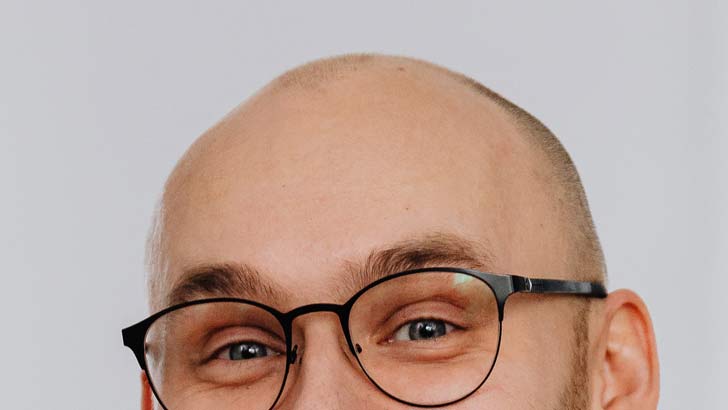Hair loss can be a distressing experience for any man, particularly if it happens at a young age. If you’re only 30 and you’ve started to notice hair loss, it’s important to take action as soon as possible to prevent further hair loss and even potentially regrow some of your hair. In this article, we’ll explore the causes of hair loss in men, lifestyle changes you can make to prevent hair loss, medical and non-medical treatments for hair loss, and how to accept and embrace baldness.
Understanding the causes of hair loss in men
There are many factors that can contribute to hair loss in men, including genetics, hormonal changes, and medical conditions. Male pattern baldness is the most common cause of hair loss in men, affecting around 50% of men by the age of 50. This type of hair loss is caused by a combination of genetics and hormones, specifically dihydrotestosterone (DHT).
Other medical conditions that can cause hair loss include thyroid problems, scalp infections, and alopecia areata, an autoimmune disorder that causes hair to fall out in patches.
Lifestyle changes to prevent hair loss
While genetics and medical conditions play a significant role in hair loss, there are also lifestyle factors that can contribute to hair loss in men. These include:
- Poor nutrition: A diet lacking in essential nutrients, such as vitamins and minerals, can lead to hair loss. Make sure you’re eating a balanced diet that includes plenty of fruits and vegetables, lean protein, and whole grains.
- Smoking: Smoking can damage hair follicles and contribute to hair loss. Quitting smoking can help improve the health of your hair.
- Stress: Chronic stress can cause hair loss. Find ways to manage your stress, such as through exercise, meditation, or therapy.
Medical treatments for hair loss
If you’re experiencing hair loss, there are several medical options that may help. These include:
- Finasteride: This prescription medication blocks the production of DHT, which can help prevent further hair loss and even promote hair regrowth.
- Minoxidil: This over-the-counter medication is applied directly to the scalp and can help stimulate hair growth.
- Hair transplant surgery: This surgical procedure involves transplanting hair follicles from one part of the scalp to another. It can be an effective way to restore hair growth in areas where hair has been lost.
Non-medical treatments for hair loss
There are also non-medical treatments for hair loss that may be effective. These include:
- Scalp massage: Massaging the scalp can help stimulate blood flow and promote hair growth.
- Essential oils: Some essential oils, such as rosemary and peppermint oil, have been shown to promote hair growth when applied to the scalp.
- Hair care: Taking good care of your hair can help prevent hair loss. Avoid harsh chemicals and heat styling tools, and use a gentle shampoo and conditioner.
Accepting and embracing baldness
If hair loss is inevitable, it’s important to learn to accept and embrace baldness. Many men find that shaving their head can be a liberating experience, and there are many stylish haircuts for bald men that can help you look and feel your best.
Conclusion and final thoughts
If you’re going bald at a young age, it can be a difficult and emotional experience. However, there are many treatments and lifestyle changes that can help prevent further hair loss and even promote hair regrowth. If hair loss is inevitable, learning to accept and embrace baldness can be a liberating experience that allows you to focus on other aspects of your life.


